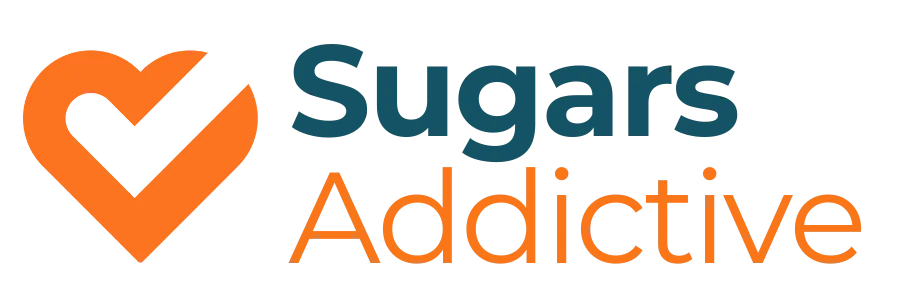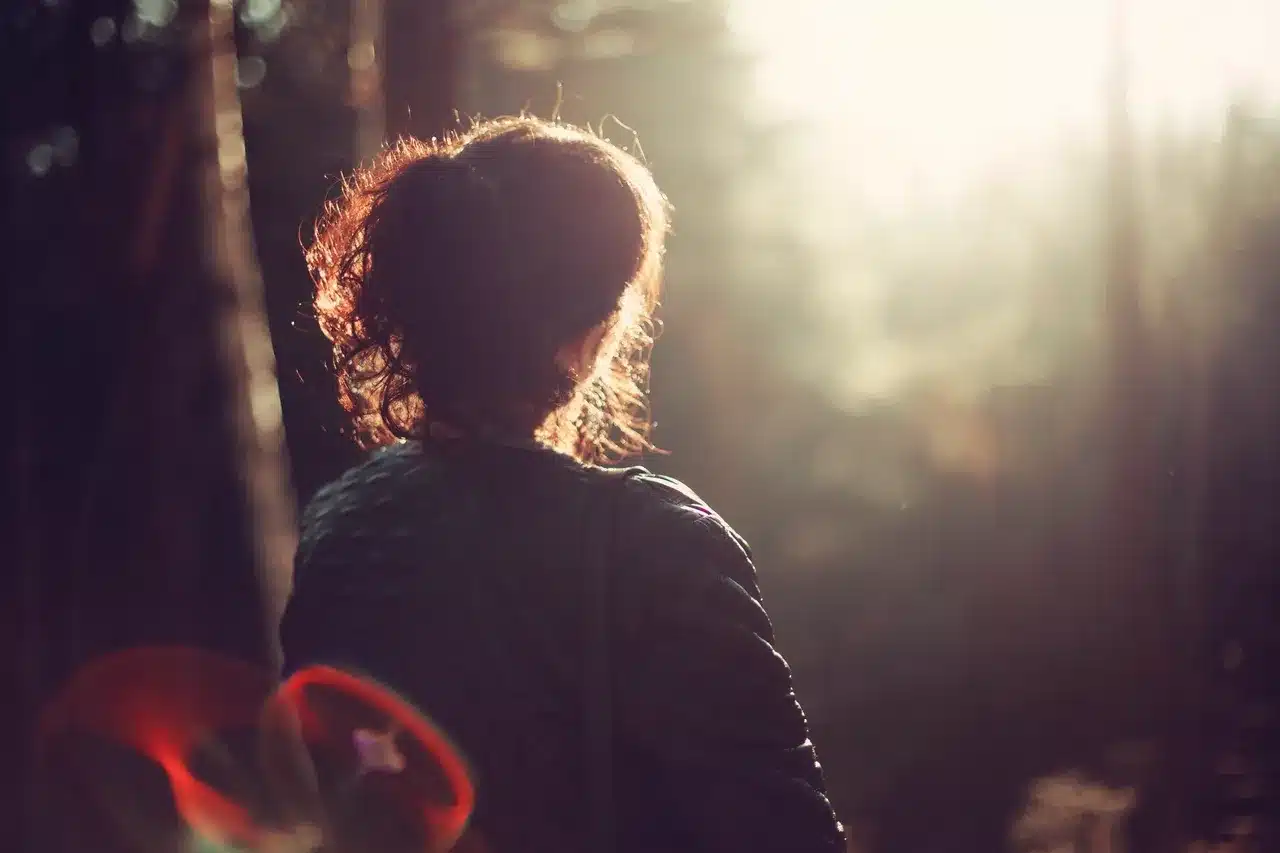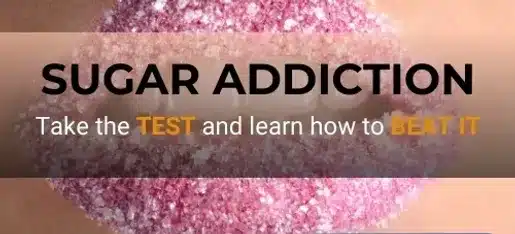The Gorski Model of Relapse Prevention Therapy (RPT).
Relapse Prevention Therapy (RPT) is a constructive, creative tool designed by Terence Gorski to address relapse, relapse prevention and recovery protection. People with substance use disorders often act in ways inconsistent with their conscious intentions. It’s such a paradox. We don’t consciously plan a return to addictive substance use. Often, it just seems to happen without warning. But Gorski observed that there are always indicators that trouble is coming. Once we learn to identify our early and critical relapse-warning signs, we can begin to manage them.

What is Recovery
When you make a commitment to complete this work, we will always start by taking a detailed recovery history because Gorski is clear: we have to be in recovery before we can experience relapse.
And, as Gorski explains, being in recovery requires:
- an understanding of addiction (scientifically)
- an ability to apply that understanding to our self (awareness)
- an ability to accept painful feelings that can flow from the addiction (shame, guilt, remorse)
- hope and belief that recovery is possible AND PREFERABLE TO THE OLD WAY
- a willingness to do the bio-psycho-social-spiritual work, the recovery footwork required – are you into action?
- and an experience of being abstinent for 60 – 90 days.
Continued Use
Until we can satisfy these criteria, our relapse is considered to be a symptom of “continued use”. In other words, we regard this as a slip, a gift too – if we can raise our gaze from the event and choose to see it in these terms. Addicts often fall into “all or nothing” thinking – that’s it, it’s all over because I ate something off plan. This is what held me in place for over forty years on the hamster wheel of yo-yo dieting.
Part of the recovery process is awareness of and the ability to grow beyond this unhelpful mindset and to start to recognise how it can hold us prisoner and damage our recovery journey. In the early stages of recovery, this is a key area for growth.
This preliminary work, this re-training of mindset will serve us well as we move into longer periods of abstinence and deepen our recovery. So that when relapse occurs and then re-occurs and we find it difficult to get back up and running, we can hold out a glimmer of hope that this is also good material to use to change our behaviours and create a new pattern of response..
Find Someone Who Knows How to Ask the Right Questions
The next step is to find someone trained to ask the right questions to help us create a road map out of the stuck parts and into new territory..
Relapse is a process not an event. For chronic “relaps-ers”, those who say “Yes” when they really mean “No”, the Gorski model of Relapse Prevention Therapy provides more than a glimmer of hope. Gorski identifies eleven different steps in the process to relapse. The problem is, in the early days we can go from 1 – 11 in a matter of seconds.
Relapse as a Process and not an Event
Over time, the relapse process slows and we get a chance to make a difference. The Gorski model of relapse prevention proposes that people have many early warning signs that precede relapse. It is not always easy to recognise these signs as they are often automatic and unconscious. The Gorski RPT model allows us not only to identify these early warning signs but gives us a sure fire methodical process with a long and proven track record with which to make a behavioural change and create a different outcome.
The process involves stabilisation, assessment, relapse education, identifying and managing early and critical warning signs, recovery planning and daily inventory work. The process is demanding and thorough and works (if you work it) and can be honest and open to the process.
What Next
If you would like to find out more about Gorski Relapse Prevention Therapy contact kate@sugaraddiction.co.uk.
Please check out our services page for additional information.




